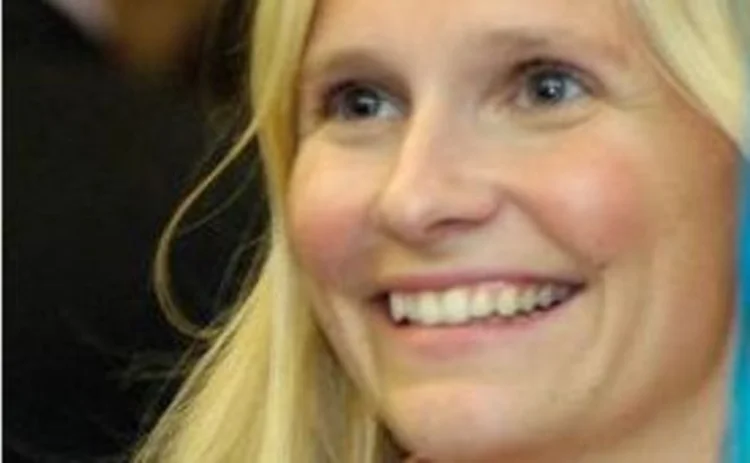Speeding up the Standards Process

It can easily take the same amount of time to create a standard and bring a new medicine to market. It takes around ten years, the experts typically say. The problem now is that most of us can appreciate that it takes years to develop a cancer medicine, get the product through clinical trials, and bring it to the market. The argument for why it can take ten years to put together an alpha-numeric code to identify an instrument or an entity, or simply agree on a format to publish data in, is a tad less convincing.
The global nature of financial markets was highlighted during the financial crisis, and it has led to a growing realization that there is a need for standardized, international data that can easily be analyzed. The challenge now is for regulators and the industry to agree on how to do this. At recent industry events, market practitioners have suggested we have to stop talking about the standards problem, and instead come together to actually agree on standards that can be adopted. It has been suggested that perhaps around five large firms can team-up, agree on the best way forward, and become the early adopters.
There might not be much time to discuss if this is the best approach, or if someone has any better ideas. The regulators seem to be running out of patience. At the public hearing on the Markets in Financial Instruments Directive in Brussels in September, Sharon Bowles, who chairs the Economic and Monetary Affairs Committee in the European Parliament, talked about the data problem, saying: "We really must have coordination and some regulatory intervention seems inevitable to push firmly on the outstanding barriers to make sure that it gets done in a sufficiently rapid timeframe."
But Bowles also recognized that the expertise is in the industry. This has been the message for some time now. Regulators want the industry to create the standards. The problem seems to be that the process is too slow. There are now talks about standards bodies and industry associations cooperating, and there constantly seems to be something happening. The issue is perhaps simply that standards-setting takes time.
Regulators do not have time. They want to prevent the next crisis, and waiting for a ten-year standards process may not help the political agenda. It may also be slightly difficult to comprehend that it can take as long to create a standard as it can for a biochemical company to get sometimes life-saving medicines to the ill. The question now is if market practitioners will settle with the fact that this is how it is, or if someone will now take leadership, and get this party started.
For Inside Reference Data and Inside Market Data, the party will be in Hong Kong this month, where we, together with the FISD, have our annual Asia-Pacific Financial Information Conference, including an off-site dinner and a horse-racing evening.
Only users who have a paid subscription or are part of a corporate subscription are able to print or copy content.
To access these options, along with all other subscription benefits, please contact info@waterstechnology.com or view our subscription options here: https://subscriptions.waterstechnology.com/subscribe
You are currently unable to print this content. Please contact info@waterstechnology.com to find out more.
You are currently unable to copy this content. Please contact info@waterstechnology.com to find out more.
Copyright Infopro Digital Limited. All rights reserved.
As outlined in our terms and conditions, https://www.infopro-digital.com/terms-and-conditions/subscriptions/ (point 2.4), printing is limited to a single copy.
If you would like to purchase additional rights please email info@waterstechnology.com
Copyright Infopro Digital Limited. All rights reserved.
You may share this content using our article tools. As outlined in our terms and conditions, https://www.infopro-digital.com/terms-and-conditions/subscriptions/ (clause 2.4), an Authorised User may only make one copy of the materials for their own personal use. You must also comply with the restrictions in clause 2.5.
If you would like to purchase additional rights please email info@waterstechnology.com
More on Regulation
Esma won’t soften regulatory expectations for cloud and AI
CCP supervisory chair signals heightened scrutiny of third-party risk and operational resilience.
Esma supervision proposals ensnare Bloomberg and Tradeweb
Derivatives and bonds venues would become subject to centralized supervision if the proposed reforms go through.
Cyber insurance premiums dropped unexpectedly in 2025
Competition among carriers drives down premiums, despite increasing frequency and severity of attacks.
Market participants voice concerns as landmark EU AI Act deadline approaches
Come August, the EU’s AI Act will start to sink its teeth into Europe. Despite the short window, financial firms are still wondering how best to comply.
ICE to seek tokenization approval from SEC under existing federal laws
CEO Jeff Sprecher says the new NYSE tokenization initiative is not dependent on the passage of the US Clarity Act.
Why UPIs could spell goodbye for OTC-Isins
Critics warn UK will miss opportunity to simplify transaction reporting if it spurns UPI.
Re-examining Big Tech’s influence over the capital markets
Waters Wrap: A few years ago, it seemed the big cloud providers were positioning themselves to dominate the capital markets tech scene. And then came ChatGPT.
Pressure mounts on Asia to fall in line for T+1
With the US already on a T+1 settlement cycle, and the UK and EU preparing for the shift in 2027, there’s pressure for Asia to follow suit. But moving may involve more risks than expected.







